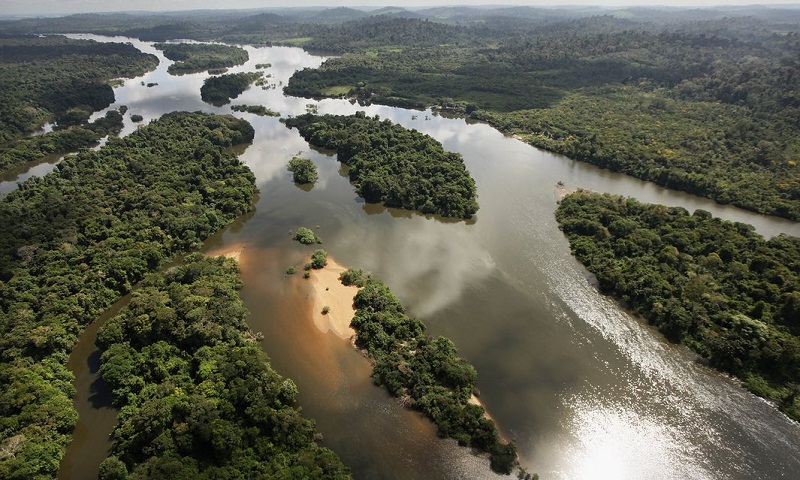Climate change: surely the most important news story of our age?

Jonathan Watts, the Guardian’s new global environment editor, explains why he feels compelled to return to full-time, specialised environmental reportin. Last week the Guardian announced that it was expanding its environment desk, adding three heavyweight reporters to its continent-spanning, award-winning team. Here Jonathan Watts, who will take up the new role of global environment editor in a few months’ time, explains why he believes this is the most important story on the planet right now. The environment has always been a subject close to my heart and it has become an increasing focus of my work over two decades with the Guardian. That is no doubt because the problems of climate change, biodiversity loss, pollution and over-consumption have become bigger and more apparent. When I started out as a cub reporter in Japan in the mid-1990s, I learned a lot collaborating with Paul Brown, then the environment correspondent, on articles about the Tokaimura nuclear accident and Kyoto climate protocol. After moving to China in 2003, I increasingly found myself writing about smog, cancer villages, species extinction and carbon emissions. The ramping up of environmental stories was not a deliberate strategy. China’s crisis was so bad that it was impossible to ignore. This made for grim news, but it also made me hopeful that it might be a fulcrum for change. After the Olympics in 2008, I switched jobs to become Asia environment correspondent. In this post, I covered the Copenhagen Climate Conference with John Vidal and Suzanne Goldenberg; the Nagoya biodiversity conference; the Fukushima tsunami and nuclear disaster; and the rapid growth of wind and solar power in the deserts of China. For the past five years, I have been the Guardian’s Latin America correspondent, writing on a broader range of subjects but still putting a priority on environment and development, including Amazon deforestation, killings of conservation activists, the role of indigenous communities in forest protection and the disturbing frequency of forest fires, floods and other extreme weather events. So why am I going back into full-time, specialised environmental reporting? Because it is the most important story of our age. China led me to suspect that global economic growth had run into an ecological wall, which is the underlying source of stress and conflict in the world. When I moved to Latin America, I hoped to find alternative, less destructive paths of development, but there was a part of me that also felt I was running away from my own conclusions. The new post will take me back. The responsibility is huge. The timing is crucial. Brexit was a vote against globalisation. Trump is waging war on the environment. To counter these trends, the Guardian has devoted more resources to its environment coverage. I am looking forward to being a part of an expanded team, but we have a tough act to follow. Brown, Vidal, George Monbiot, Damian Carrington and other present and former colleagues have been pioneers in this field with agenda-setting coverage and comment. Trying to maintain that quality, ambition and influence – while looking for new approaches to changing situations – will be a hard but worthwhile task.

